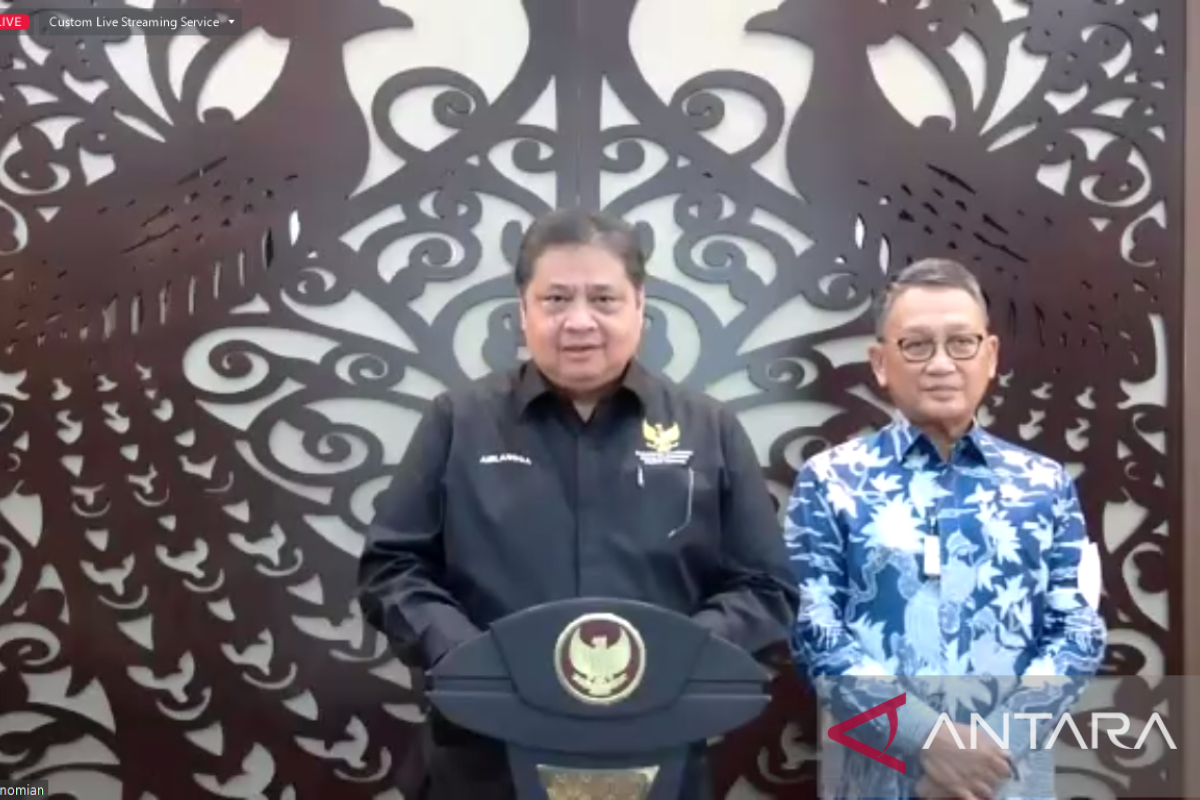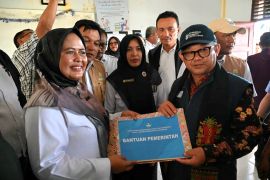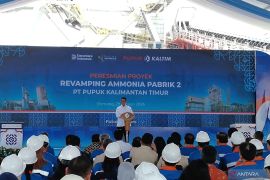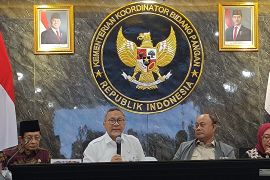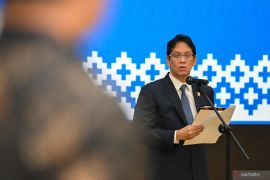"I can say that the government has not made a decision regarding a 3-kg LPG conversion program to induction stoves," Coordinating Minister for Economic Affairs, Airlangga Hartarto, said at a press conference on the conversion program, which was followed online from Jakarta on Friday.
The government has continued to monitor and appreciate inputs from the public, including news in the media, and has observed conditions on the field related to the conversion program firsthand, he added.
So far, the budget for the LPG-to-induction stove conversion program has not been discussed with the House of Representatives (DPR) and has not been approved, the minister informed.
Thus, the current induction stove program is still a trial or prototype under which 2 thousand of the 300 thousand planned units will be implemented in Bali and Solo (Central Java).
"The results of this trial will be evaluated and improvements made," Hartarto said.
The government will carefully calculate all costs and risks, pay attention to the interests of the community, and disseminate information to the public before the conversion program is implemented, he informed.
The conversion program is being carried out to support government programs related to national energy security, specifically by shifting from import-based energy to domestic-based energy.
Related news: Indonesian biomass stove penetrates intl market
Secretary of the Directorate General of Electricity of the Energy and Mineral Resources Ministry, Munir Ahmad, earlier said that switching to an induction cooker could reduce cooking costs by up to 57 percent for household customers subsidized by PLN.
Furthermore, the conversion will also benefit the government as it will allow it to save on foreign exchange, increase economic growth, and absorb domestic workers, he added.
In addition, Ahmad said that the conversion program aims to achieve energy independence in the midst of high imports of LPG, which have reached Rp50.6 trillion per year.
Meanwhile, for PLN, the program can optimize the utilization of its reserve margin of 3.2 gigawatts (GW) of power, with potential revenue of Rp1.8 trillion per year, he added.
According to Ahmad, PLN has conducted a study regarding the potential customers of the conversion program in locations without any gas or dimethyl ether networks.
"Based on the study, the use of induction stoves can reach 19 million customers by 2030," he informed.
Thus, it will boost domestic spending and contribute to national economic growth by 0.5 percent, he said.
Related news: W Java is first province to launch gas-to-electic stove conversion
Translator: Agatha O, Azis Kurmala
Editor: Suharto
Copyright © ANTARA 2022
